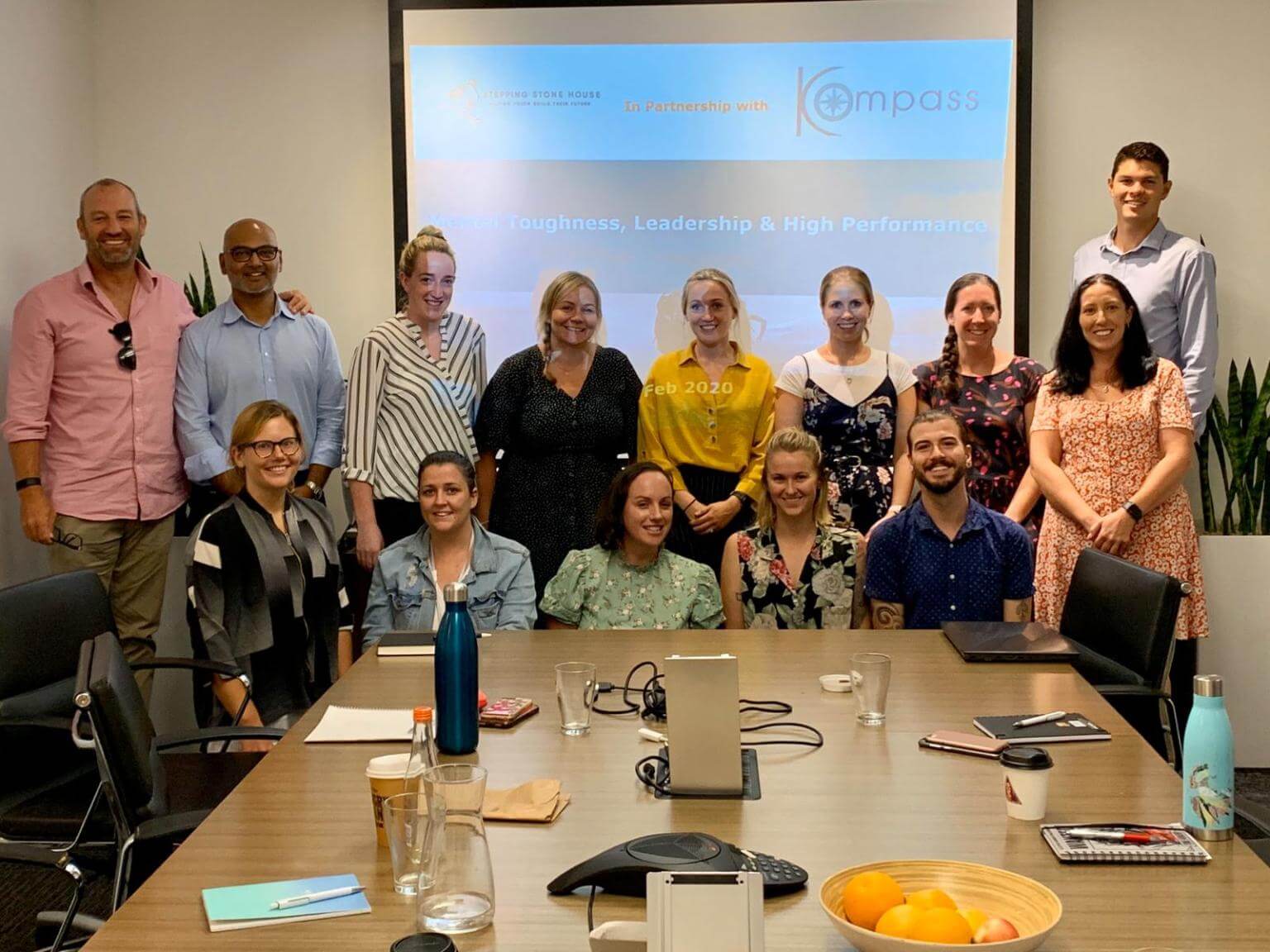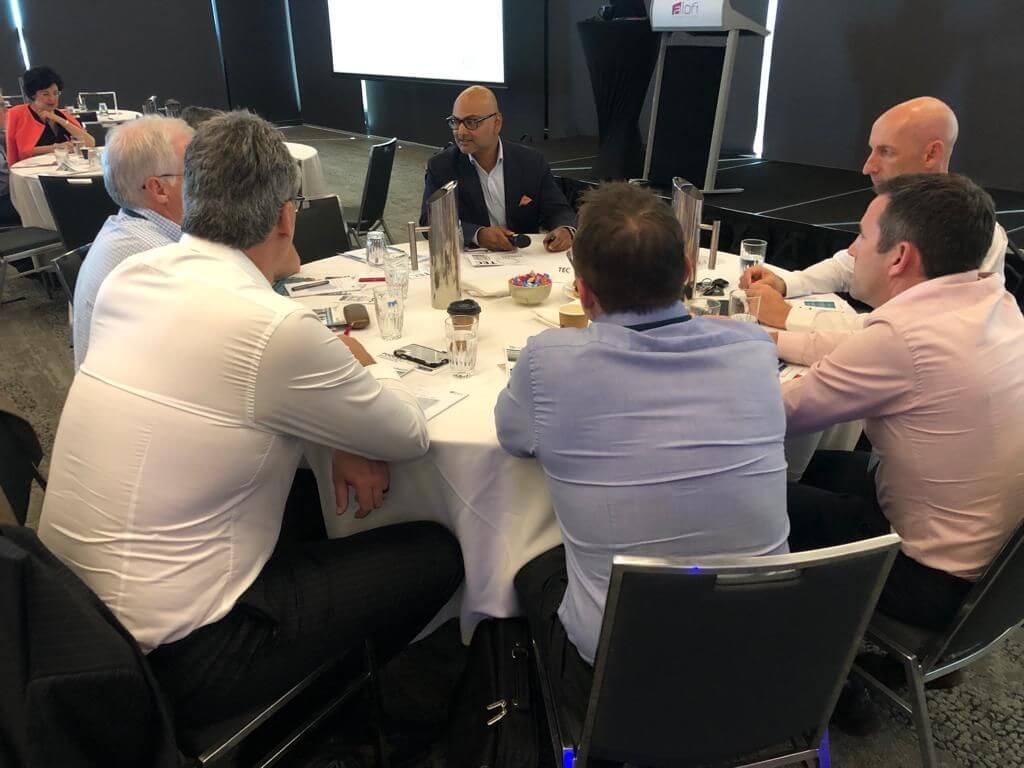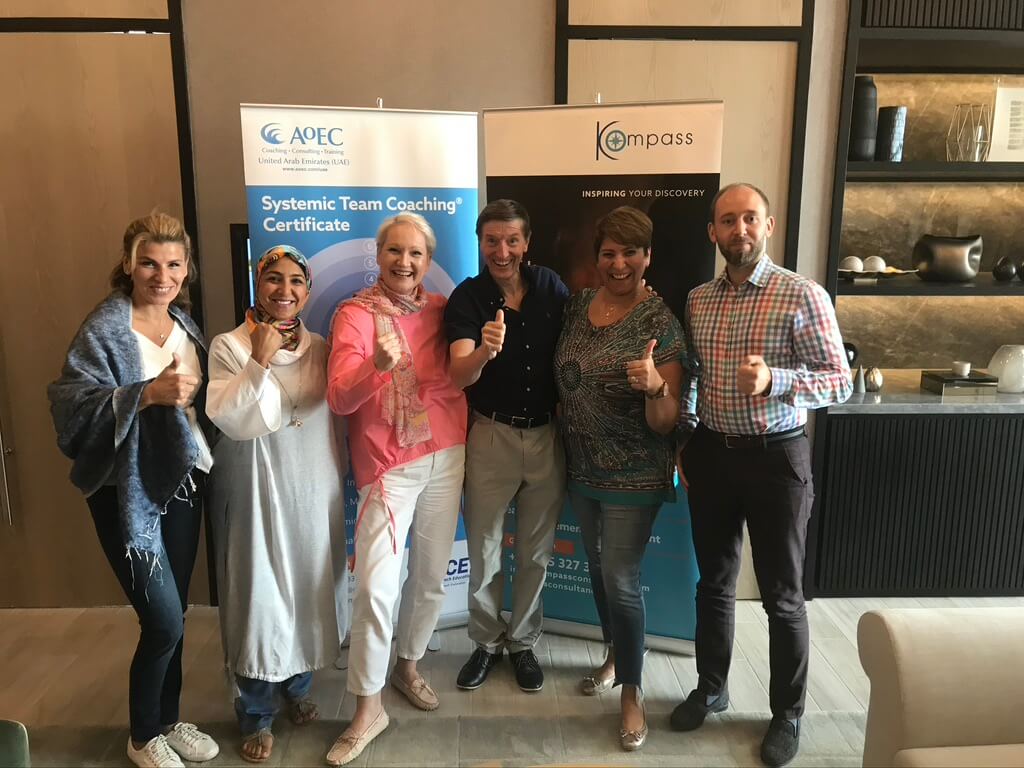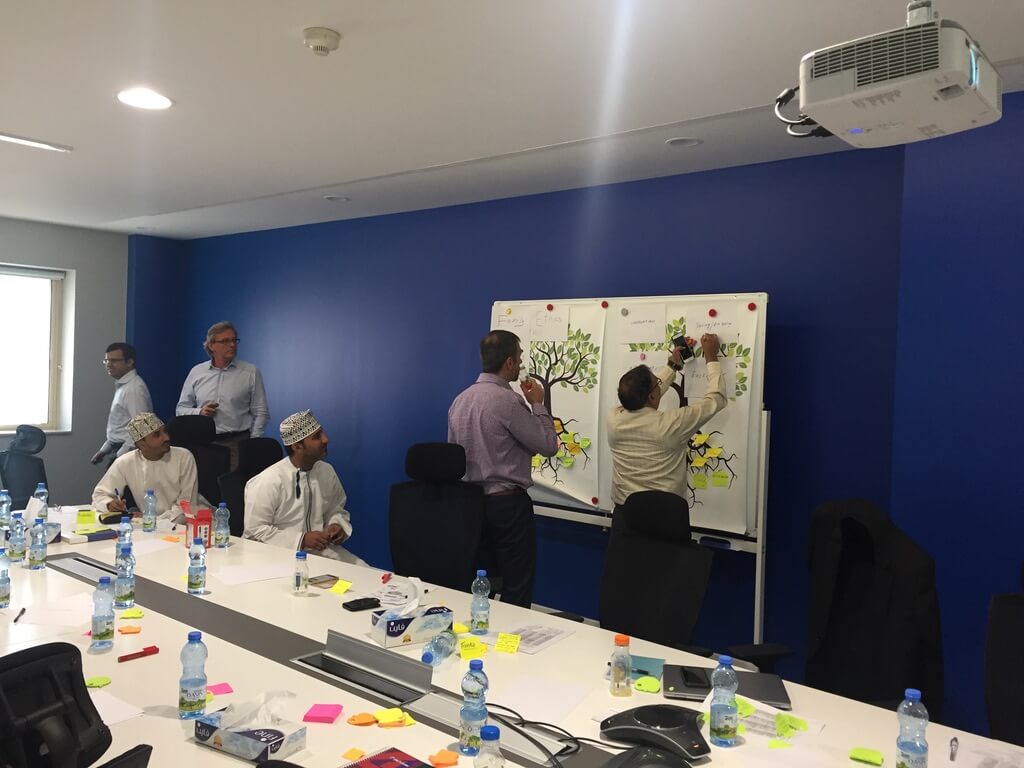You’ve probably heard that “networking is everything.” But let’s go beyond the cliché. Networking isn’t about handing out business cards or making small talk at awkward events. It’s about building genuine connections—people who can guide you and open doors you didn’t know existed. Whether you’re job hunting, exploring a career move, or aiming for leadership, the right relationships can move you forward faster than going it alone.
Here’s the good news: You don’t have to be extroverted or “well connected” to be good at networking. It’s not a personality trait—it’s a skill. Like any skill, it can be learned, practised, and strengthened over time. In this guide, I’ll walk you through how to network with confidence, no matter where you’re starting from. Let’s make this simple and truly useful for your career.
What is Networking?
Networking is the act of building and maintaining professional relationships that can support your career growth.
It’s that simple. It’s not about collecting contacts or asking for favours—it’s about creating real connections that go both ways. At its core, networking is human. It’s about learning from others, sharing ideas, and helping each other succeed over time.
Many people think networking is a one-off event where you introduce yourself and hope for a job offer. That’s not true. Real networking is not a transaction—it’s a conversation. It’s a long-term approach that’s based on trust, not pressure.
And let’s be honest—some people seem “naturally good” at it. But the truth is, no one is born knowing how to network. Those who do it well have simply learned how to listen, ask questions, and follow up with care. And you can absolutely learn that too, step by step.
Why Networking Works
-
Helps you discover job opportunities that aren’t publicly advertised
Many roles are filled through referrals or internal recommendations before they ever appear online. This is especially true when you’re looking for your first job after college, where experience may be limited but connections can make a difference. When you stay in touch with people in your field, you’re more likely to hear about these openings early or be considered for them directly.
-
Builds your visibility and credibility
The more people who know what you do—and how well you do it—the more likely you are to be remembered for opportunities. A positive reputation can go a long way.
-
Gives you access to real-world insights, guidance, and support
Talking to others in your industry helps you stay informed. You can learn about trends, company culture, useful resources, and career paths. It’s also a chance to hear how others have faced challenges—giving you ideas and confidence for your own journey.
Who’s Already in Your Network? Start Closer
Your network already includes people you know—often more than you realise.
You don’t need to start from scratch. Many of your current or past connections can be part of your professional network. These include:
-
Classmates or course mates
-
Current and former colleagues
-
Alumni from your school or university
-
Friends and family members
-
Family friends or neighbours
-
People you’ve met at events, training, or online
These contacts may not always offer direct opportunities, but they may know someone who can. Reconnecting with people you haven’t spoken to in a while—known as dormant ties—can be especially useful. You’ve already built trust with them, and starting a conversation again is often easier than reaching out to someone new.

How to Network Authentically (Even If You’re Introverted)
1. Focus on building real connections
You don’t need to sell yourself or impress others. Start by showing genuine interest in the person you’re speaking with. People remember how you make them feel, not just what you say. Being curious, respectful, and open goes a long way.
2. Ask thoughtful questions
Good questions show that you’re engaged and want to learn. Try asking:
-
“What do you enjoy most about your work?”
-
“What helped you get started in your field?”
-
“What’s something you’ve learned recently that surprised you?”
These types of questions help move the conversation beyond small talk and allow space for real stories and shared experiences.
3. Listen carefully, and follow up when it makes sense
Give the other person space to talk. Take mental notes or jot things down afterward if needed. Later, you can follow up with a short thank-you message, share a relevant article, or check in with an update. This shows you care and helps keep the connection alive.
4. Offer your value without expecting anything in return
If you can help someone, do it. It might be as simple as:
-
Sharing a job lead
-
Introducing them to someone
-
Giving feedback on a CV or idea
-
Sending a useful resource
These small actions build trust and respect. People remember kindness and are more likely to offer support when you need it later.
5. Keep inclusion in mind as you build your network
Be aware that not everyone has had the same access to opportunities. Try to connect with people from different backgrounds and be open to new perspectives. If you’re feeling like you don’t fit in, remember that your unique story and strengths are valuable. You don’t need to change who you are to connect with others—you just need to show up with honesty and intention.

Where to Network: Online, In Person, and In Between
You can network in many ways—online, in person, and through short conversations in between.
What matters most is choosing the approach that feels manageable and useful for you. Whether you’re more comfortable behind a screen or speaking face-to-face, there are options that suit different styles and stages of your career.
1. Start with online networking platforms like LinkedIn
Your profile doesn’t need to be perfect—it just needs to show who you are, what you do, and what you’re interested in. Here are a few tips:
-
Use a professional photo and write a simple headline that reflects your current role or goal
-
Add a short summary that explains what you’re working on or aiming for
-
List your skills and experience clearly
Once your profile is ready, start connecting. Send a short, polite message when you reach out. For example:
“Hi [Name], I came across your profile while exploring careers in [field]. I’d love to connect and learn from your experience.“
2. Attend events such as career fairs and workshops to meet people in person
These spaces are great for having real conversations and asking direct questions. You can:
-
Introduce yourself to speakers or attendees
-
Ask about their roles or companies
-
Follow up afterward with a message or connection request
You don’t need to speak to everyone—just focus on having a few meaningful chats.
3. Use informational interviews
An informational interview is not a job interview—it’s a chance to learn about someone’s role or industry. Reach out and ask for 15–20 minutes of their time. Prepare a few questions in advance, such as:
-
“What does a typical day in your role look like?”
-
“How did you get started in your career?”
-
“What advice would you give someone new to this field?”
Your Network Is a Living Asset – Grow It with Intention (Conclusion)
Your network is something you build over time, not all at once. It grows when you take small, steady steps. You don’t need to wait until you’re looking for a job. Start today by reaching out to one person you already know or want to learn from. One small step can lead to something bigger later.
Remember, your next opportunity may not come from a job board—it might come from a conversation. Focus on being consistent, curious, and open. Relationships take time, but they’re worth it. Keep going, and let your network grow with you.
Frequently Asked Questions
1. What’s the best way to start networking in the UAE?
Start by connecting with people on LinkedIn, attending industry events, or joining local professional groups. Many opportunities in the UAE are shared through word of mouth, so staying active in your field matters.
2. Is it appropriate to follow up after meeting someone at an event?
Yes, following up within a day or two is recommended. A short, polite message to thank them and express interest in staying connected is a good way to build the relationship.
3. What should I include in a LinkedIn message when reaching out to someone new?
Keep it brief and personal. Mention how you found them and why you’d like to connect, such as learning about their role or industry insights.
4. Is networking useful even if I’m not actively job hunting?
Yes, building relationships before you need them helps you stay informed and visible. Networking also supports learning, career growth, and potential collaborations.
5. Are there cultural norms I should know about when networking in the UAE?
Be respectful, patient, and professional. Relationships often develop over time. Avoid being too direct or pushy—polite communication is key.







